Bio-degradable cards
Every card imaginable!
|
Bio-degradable cards Every card imaginable! The ADHD Sleep Paradox: Why You're Exhausted but Can't Sleep, and How to Fix ItIt’s 2 AM. Your body feels heavy with exhaustion, your eyes are gritty, and you know you’ll pay for this tomorrow. Yet, your mind is running a marathon. It’s replaying conversations, writing to-do lists, planning a new business, and worrying about that one awkward thing you said in 2014. Your body is desperate for rest, but your brain simply refuses to switch off. If this sounds painfully familiar, you’re not alone. Welcome to the ADHD Sleep Paradox. This isn't a sign of failure or a lack of discipline. It's a very real, very common challenge rooted in the unique wiring of the ADHD brain. In this guide, we're going to break it all down. We’ll explore why this happens, and more importantly, share practical, realistic strategies to help you get the rest you so desperately need. Table of Contents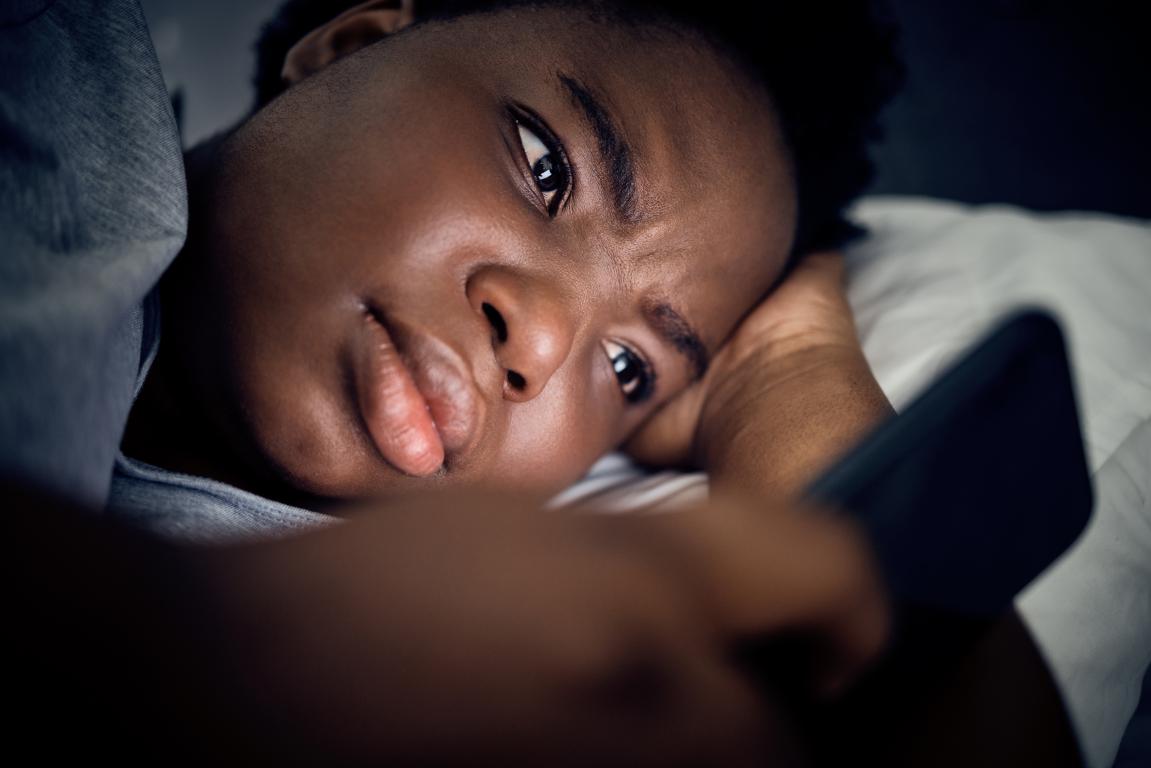
So, What Exactly is the ADHD Sleep Paradox?The ADHD Sleep Paradox is the frustrating experience of being physically and mentally exhausted but finding it impossible to fall asleep. It’s that feeling of being “tired but wired.” For many people without ADHD, feeling tired is a simple cue to go to bed and drift off. For those with ADHD, tiredness often triggers the opposite: a brain that becomes more active, not less. Thoughts race faster, restlessness kicks in, and the idea of lying still in a quiet, dark room can feel less like a comfort and more like a trap. This creates a vicious cycle. Poor sleep makes ADHD symptoms like inattention, impulsivity, and emotional dysregulation worse the next day. This, in turn, makes it even harder to wind down and fall asleep the following night. It can feel like you’re constantly running on empty, and it’s a heavy burden to carry. But understanding the reasons behind it is the first step to breaking the cycle. 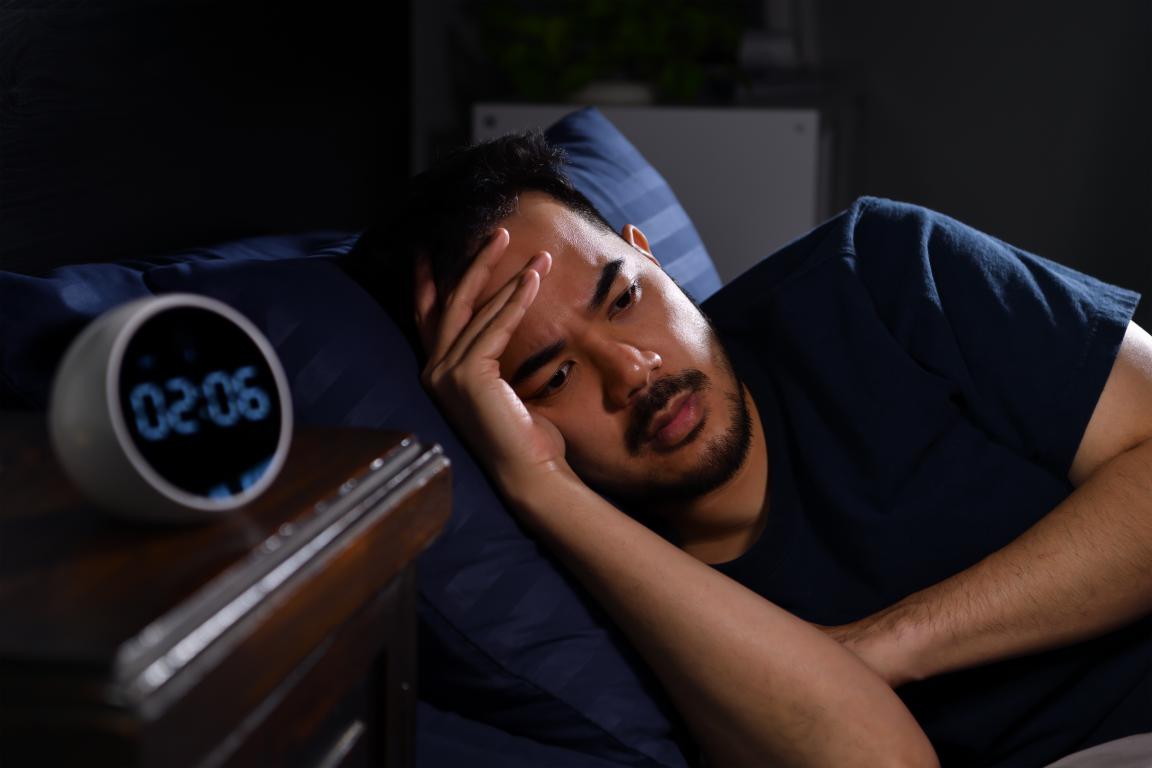
The "Why": Unpacking the Reasons You Can't Switch OffIt’s not in your head—well, it is, but not in the way you think! Several core features of ADHD contribute directly to this nightly struggle. It's not a single issue, but a combination of factors working together. 1. The Racing, Hyperactive MindWhen people think of hyperactivity, they often picture a child who can't sit still. In adults, this hyperactivity is often internal. Your brain is constantly seeking stimulation. When you finally lie down and remove all external distractions (your phone, the TV, work), your brain doesn't power down. Instead, it starts creating its own stimulation. This looks like:
2. A Delayed Body Clock (Delayed Sleep Phase Syndrome)This is a huge one for many with ADHD. Our internal body clocks, or circadian rhythms, are often naturally shifted. This is known as Delayed Sleep Phase Syndrome (DSPS). Essentially, your brain doesn't produce the sleep-inducing hormone melatonin until much later in the evening than a typical person's brain does. This means you simply don't feel sleepy at 10 or 11 PM. Your natural "wind-down" time might be 1 or 2 AM. This isn't a choice; it's a biological predisposition. You’re a "night owl" by nature, but you're being forced to live in an "early bird" world, which leads to chronic sleep deprivation. 3. Rejection Sensitive Dysphoria (RSD)Rejection Sensitive Dysphoria isn't a formal diagnosis, but it’s a concept that resonates deeply with many in the ADHD community. It’s an extreme emotional sensitivity and pain triggered by the perception of being rejected, criticized, or teased. How does this affect sleep? At night, when your mind is quiet, it often drifts to the day's social interactions. An innocent comment from a colleague or a neutral look from a friend can be replayed and magnified until it feels like a major personal failing. This rumination and emotional pain can create a state of high alert and anxiety, making sleep impossible. 4. The Double-Edged Sword of Stimulant MedicationFor many, stimulant medication is life-changing for managing daytime ADHD symptoms. However, if the dose or timing isn't quite right, it can interfere with sleep.
It's crucial to work with your doctor to find the right medication, dose, and timing that works for you both during the day and at night. 5. Hyperfocus and Time BlindnessEver sat down to "quickly check something" online at 9 PM, only to look up and realize it's 1 AM? That’s hyperfocus. When your ADHD brain finds something interesting, it can lock on with incredible intensity, tuning everything else out—including your body's sleep signals. This, combined with "time blindness" (a poor sense of the passage of time), means you can accidentally stay up hours later than intended, completely derailing your sleep schedule. 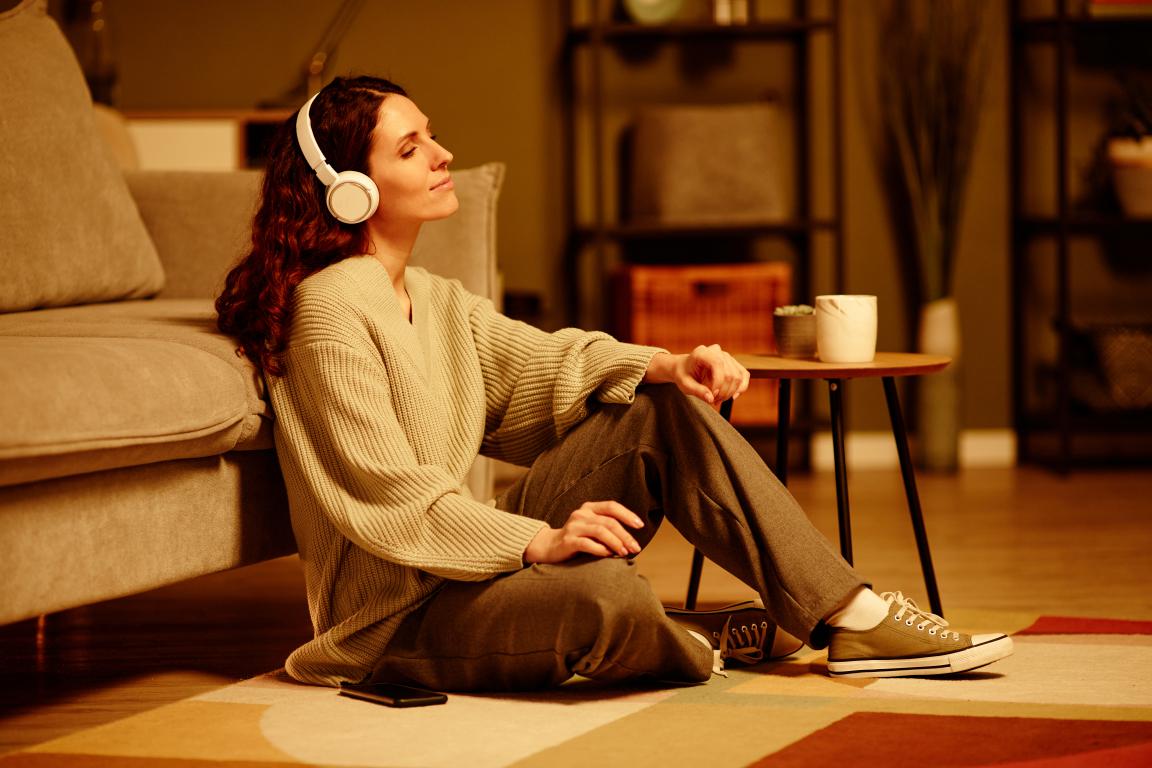
From Paradox to Peace: Practical Strategies for Better ADHD SleepOkay, so we know why it’s happening. Now, what can we actually do about it? The key is to work with your ADHD brain, not against it. Forget perfection; aim for progress. 1. Build a "Brain-Dumping" Wind-Down RoutineA standard "read a book in bed" routine might not be stimulating enough. You need to actively help your brain power down. Create a 30-60 minute "wind-down" ritual that involves offloading your thoughts.
2. Rethink Your Sleep Environment (The ADHD Edition)Standard sleep hygiene advice applies, but with some ADHD-specific tweaks.
3. Work With Your Body Clock, Not Against ItIf you’re a natural night owl, fighting it can be a losing battle. Where possible, try to adjust.
4. Master the "Strategic Get-Up"If you've been lying in bed for more than 20-30 minutes and you're wide awake, don't just lie there getting more and more frustrated. This trains your brain to associate your bed with anxiety. Get up. Go to another dimly lit room and do one of your "low-stim" activities for 15 minutes until you feel sleepy, then try again. It’s a reset button for your brain. 5. Talk to Your DoctorDon't be afraid to bring this up with your PCP (Primary Care Provider) or psychiatrist. They can help you:
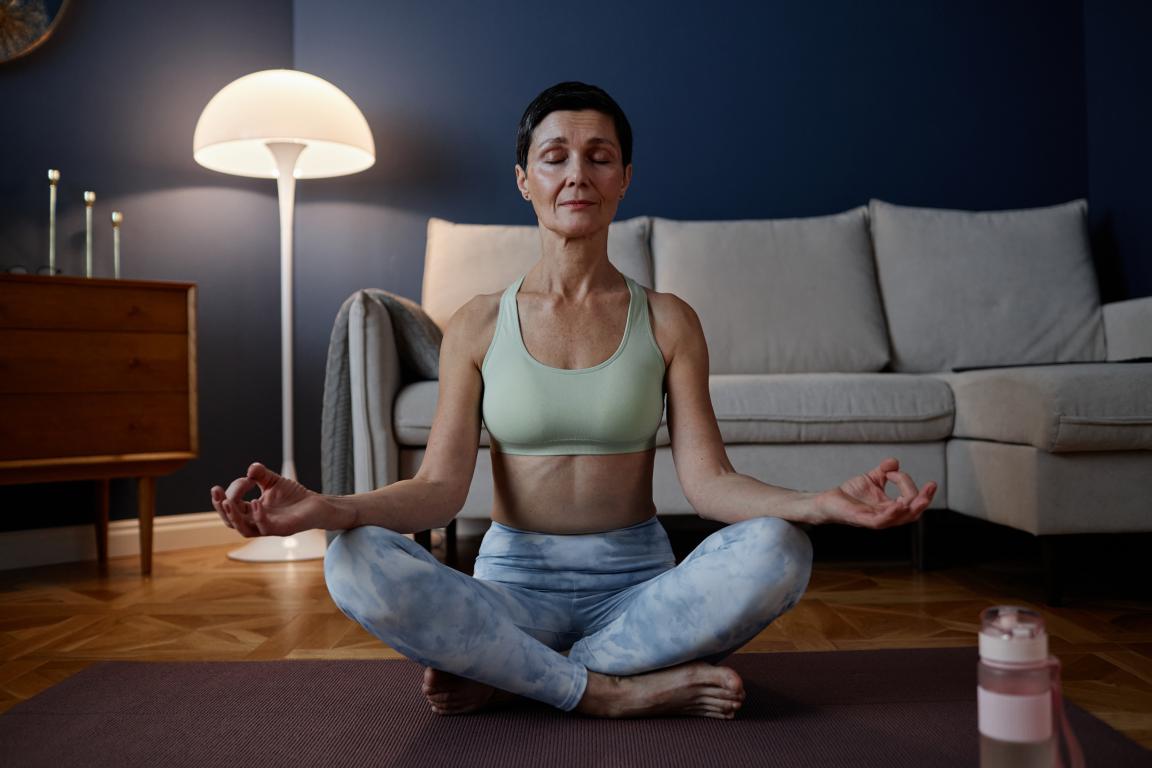
Is It Just ADHD? Common Co-occurring Sleep ProblemsIt’s a frustrating thought: you’ve tried the brain dumps, you’ve perfected your wind-down routine, you’ve got a weighted blanket and a white noise machine... but you’re still struggling. If this is you, it’s possible there’s more than just the ADHD sleep paradox at play. ADHD rarely travels alone. It often co-exists with other conditions, many of which have a major impact on sleep. Think of it like trying to solve a puzzle with a missing piece – if you’re only treating the ADHD part, you might be missing a key reason for your sleep disruption. Here are some of the most common culprits. Restless Leg Syndrome (RLS)This is far more than just fidgeting. RLS is a neurological condition that causes an overwhelming, often unpleasant urge to move your legs, usually accompanied by "creepy-crawly," "fizzy," or aching sensations. It's significantly more common in people with ADHD, likely due to a shared link with the brain's dopamine pathways.
Sleep ApneaSleep apnea is a serious condition where you repeatedly stop and start breathing for brief periods throughout the night. Even though you might not be aware of it happening, these pauses can shatter the quality of your sleep, leaving you feeling utterly exhausted the next day, no matter how long you were in bed.
Anxiety and DepressionThis is a big one. The relationship between ADHD, anxiety, and depression is a complex "chicken and egg" scenario. They are incredibly common co-occurring conditions, and both are notorious for wrecking sleep.
Untangling what's causing your sleep issues can feel complicated, but you don't have to do it alone. Talking to a healthcare professional is the most important step you can take to get a clear picture and a tailored plan to finally get the rest you need. 
Further Reading & Helpful ResourcesYou are not on this journey alone. Here are some trusted, non-commercial organizations that provide excellent information and support.
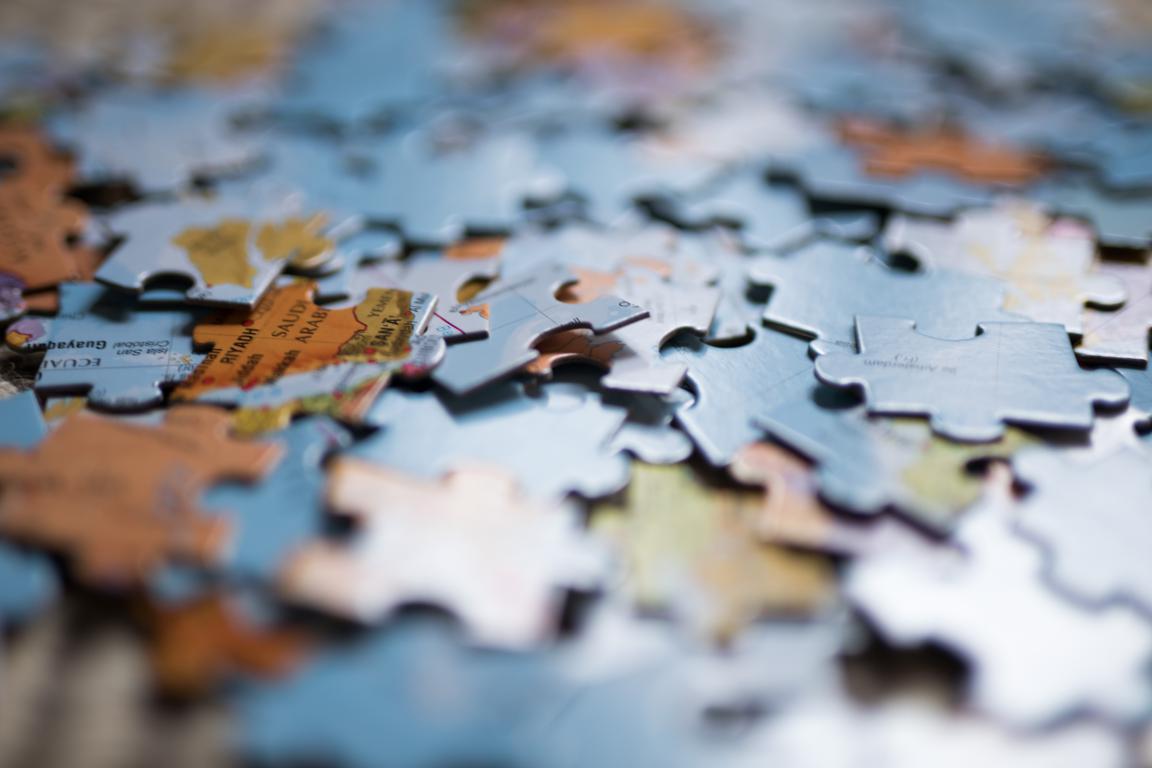
How a Simple Card Can HelpWe know that living with the ADHD sleep paradox is exhausting. The brain fog and emotional dysregulation that come from chronic tiredness can make everyday interactions feel overwhelming. Explaining why you're struggling to focus, feeling irritable, or simply need a moment can be incredibly difficult when you're running on empty. This is where a simple, practical tool can reduce the mental load. An ADHD ID card can communicate your needs for you, non-verbally and without fuss. In a moment of overwhelm or anxiety, it can act as a discreet bridge, helping others understand that you might need a bit of patience or space. It's not a cure for sleep problems, but it is a tool to make navigating the consequences a little bit easier.
© 2024 The Card Project US LLC
reg: 99-3537629
|